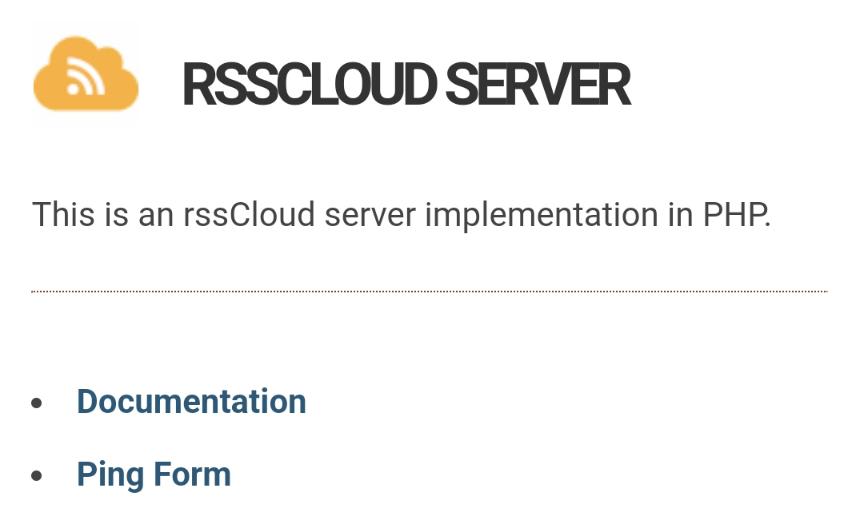2023/02/27#p1
Stephen wrote about experiencing anxiety at a petrol station and explains why anxiety might occur for him in any given scenario:
"... it's about being observed, often from multiple directions, it requires a level of performance"
He goes on to say that processing information is harder because his brain is too busy "looking for the exit, the need to escape."
He wasn't sure if the whole post made sense (I advise reading it all) but I understand where he's coming from.
There are times when I feel anxious in an environment or situation that I would normally navigate perfectly fine and I can't readily explain why. Maybe that sense of performance is what does it but something triggers me and it's often impossible to say what.
I've written before that the only way I can describe it is a feeling of claustrophobia 1 and the need to get out of the place or situation.
What I think of as my first proper anxiety attack was when in Westfield shopping mall, Stratford. Something previously done without issue both there and elsewhere in other very busy malls. I experienced a sudden sense of panic and being overwhelmed, almost like everyone was watching me, and a need to get away from the people and the noise.
I have no idea what caused it and equally no idea why that time should have been any different to others before and since. All I know is the irrational fear I felt at that moment and the lingering memory it left me with.
While it may not be obvious from the outside that I am feeling anxious, I have a giveaway visual indicator: is fiddling with the hem of my jacket or jumper, even a fold in my jeans. It's not so much a comfort thing but a distraction, perhaps. The only way I can describe it is that the sensation of having the material between my fingers (along the lengths, not fingertips) seems like it's something to focus on, maybe almost calming. I do it subconsciously, especially while driving, and my wife points it out as I just don't know I'm doing it. Maybe it's some form of stimming.
We were watching a programme about autism, fronted by the naturalist and presenter Chris Packham, and were nodding along with so many aspects of what was being described by him and those featured.
Something that came up on the programme was eye contact. I always find it hard to make eye contact but sometimes I'll do so without realising. Then, as soon as it registers, I become incredibly self-conscious and have to avert my gaze. Trying to force myself to maintain eye contact is exhausting and usually ends up with me losing track of the conversation or what I want to say because I'm having to expend my energy elsewhere.
I was shy as a child, insecure, and hated being the centre of attention. I've always considered myself an introvert. I would get flustered and blush when being asked questions about myself. I still do from time to time. I now wonder if, in my younger years, it was actually an early manifestation of anxiety. Or more.
Bix wrote about assembling an "introvert's toolkit" to help cope before he was ever diagnosed as autistic. While the two might not be directly related there is a definite similarity in language surrounding them. How many introverts are actually undiagnosed autistics?
The subject of performance came up in one of my sessions with the psychiatrist. I explained that it might seem strange that such an introvert as myself might want to put myself in a situation where I was absolutely the focus – like when DJing in nightclubs. Not so, apparently. Part of the reaction to these things is the presence or lack of control. By placing myself in front of an audience I was controlling who would see me and when. Most importantly, I was controlling the context – an environment I enjoyed and felt comfortable in, doing something I was good at.
Part of a coping toolkit.
This rings true for me with regards to blogging: sharing as much or as little as you want, at your own pace and, crucially, according to your own rules without external pressure to perform. The author of a blog controls the context within which others get to 'observe' them.
-
at least, what I imagine claustrophobia to feel like not having experienced it – as far as I am aware ↩

